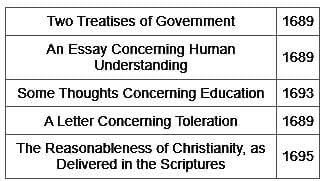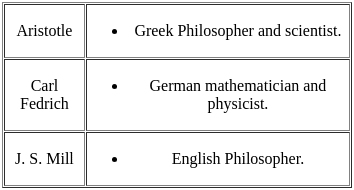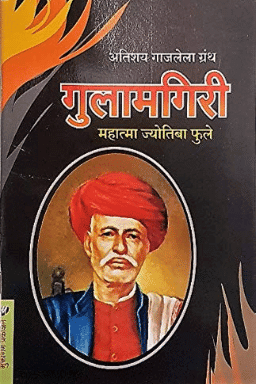MPTET Varg 1 Political Science Mock Test - 1 - MPTET MCQ
30 Questions MCQ Test - MPTET Varg 1 Political Science Mock Test - 1
निम्नलिखित में से कौन-सा विलोम-युग्म सही नहीं है?
Learning and knowledge are the greatest assets of a man. इस वाक्य का हिंदी रूपांतरण है-
इस समय घर में अंधेरा _______ है। रिक्त स्थान के लिए उपयुक्त शब्द क्या होगा?
निर्देश: इन प्रश्नों में दिए गए वाक्यांशों के सही अर्थ को व्यक्त करने वाला शब्द (अनेक शब्दों के लिए एक शब्द) दिए गए विकल्पों में से चुनिए।
जो ममत्व से रहित हो
Which of the following statements about pressure groups and parties is incorrect?
Who among the following said that Democracy means a system of ‘Government by Consent’?
Given below are the two statements, one labeled as Assertion (A), and the other labeled as Reason (R) :
Assertion (A): According to Plato, the human soul consists of three elements - Reason, spirit, and appetite
Reason (R): The state is the individual writ large
Choose the correct option:
Through which Constitutional Amendment, the term - Union Cabinet' - has been inserted in the Constitution?
Which of the following qualification is not required for appointment as a judge of the Supreme Court?
Raja Ram Mohan Roy founded a reform association known as Brahmo Sabha which was later known as ______.
The first Indian State to pass the Lokayukta bill in 2011 is






















